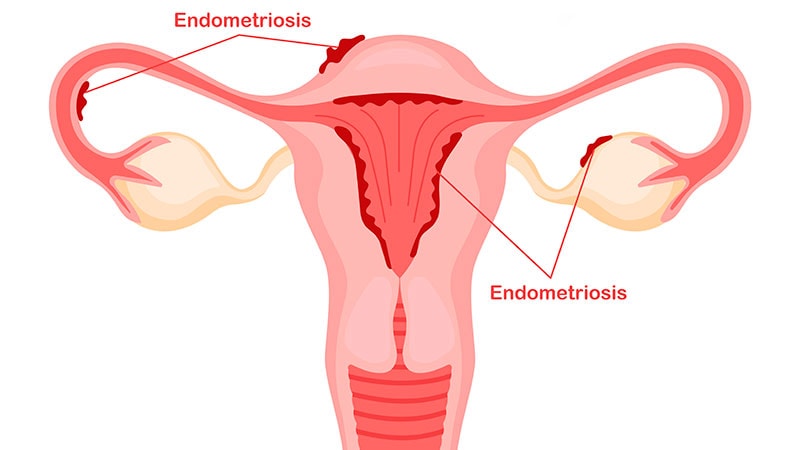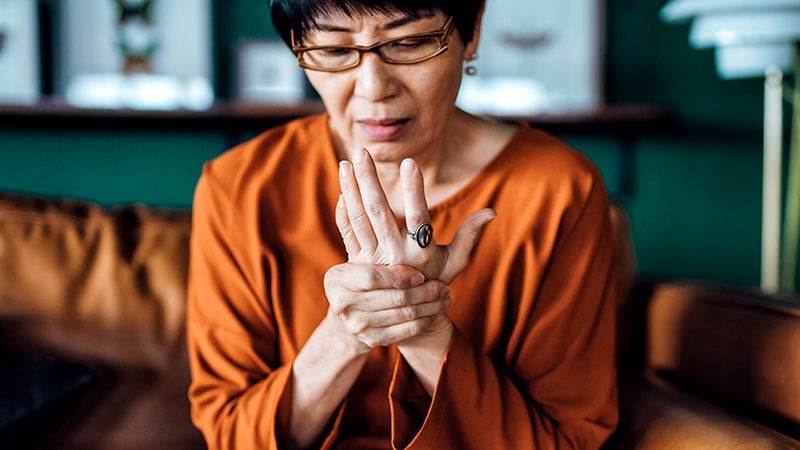Takeaway
- Obtaining blood culture after initiating empirical antimicrobials for severe manifestations of sepsis results in ~50% reduced culture sensitivity.
Why this matters
- Among patients with severe manifestations of sepsis, draw blood culture as quickly as possible under aseptic technique, followed immediately by antimicrobial infusion.
Key results
- 325 intent-to-treat patients; mean age, 65.6 years (standard deviation, 17.7); 62.8% men.
- Median time to repeating post-antimicrobial blood culture, 70 (interquartile range [IQR], 50-110) minutes.
- 31.4% (102/325) vs 19.4% (63/325) had pre-antimicrobial, post-antimicrobial blood culture, respectively, positive for ≥1 microbial pathogen; absolute difference, 12.0% (P<.001).
- Post-antimicrobial blood culture sensitivity for the entire study population, 52.9% (95% CI, 42.8%-62.9%); per-protocol (PP) population, 56.3% (95% CI, 44.7%-67.3%).
- Overall sensitivity increased with addition of cultures from other anatomical sites, 67.6% (95% CI, 57.7%-76.6%), but remained consistent in PP population.
Study design
- Patient-level, single-group, 7-centre FABLED diagnostic study to determine if blood culture sensitivity (drawn, 30-120 minutes) declined after administration of antimicrobial agents among patients with severe manifestations of sepsis.
- Funding: Vancouver Coastal Health, others.
Limitations
- Low proportion of bacteraemic patients.
- Variable blood culture quantity.
- Limited generalisability.
References
References



